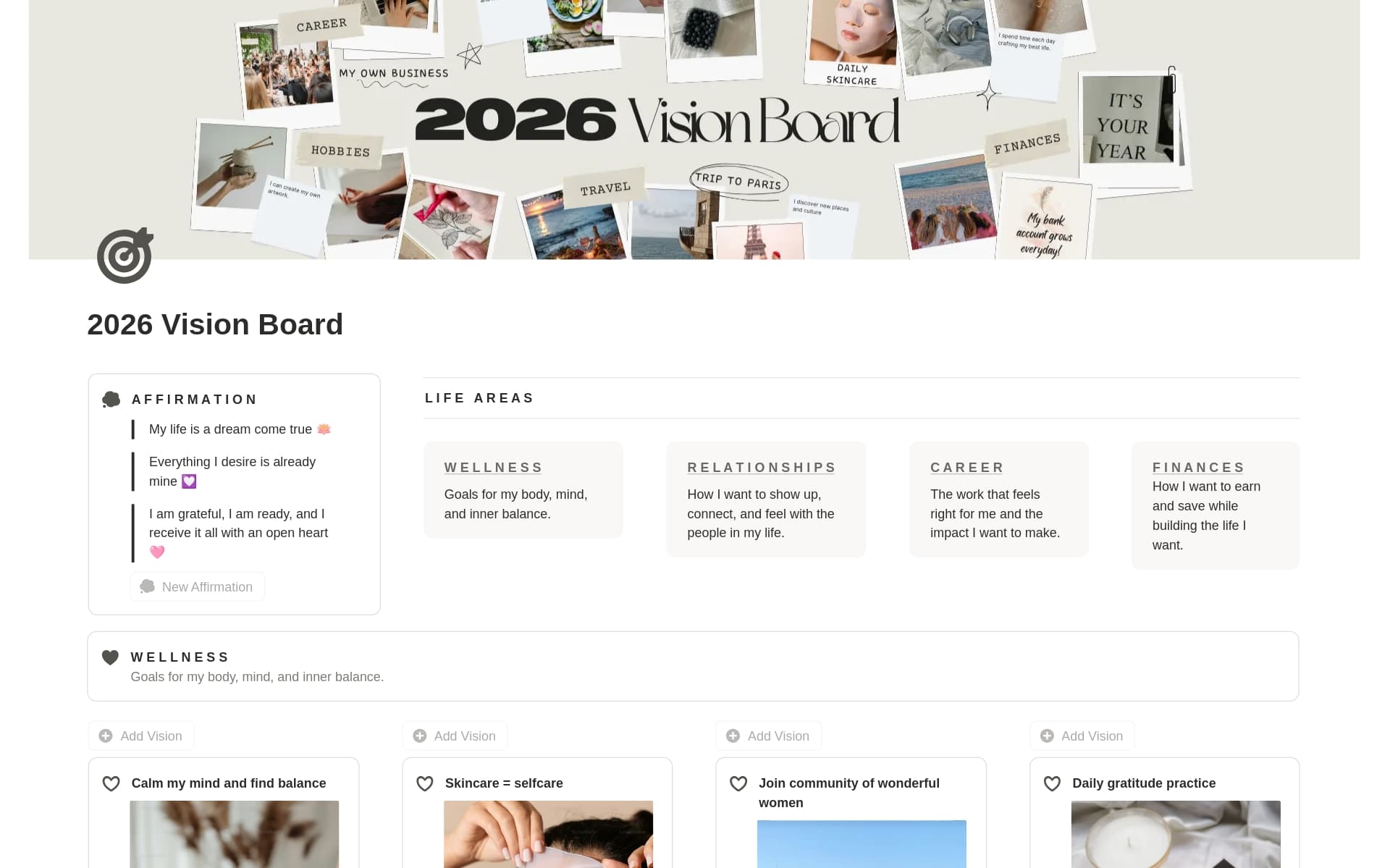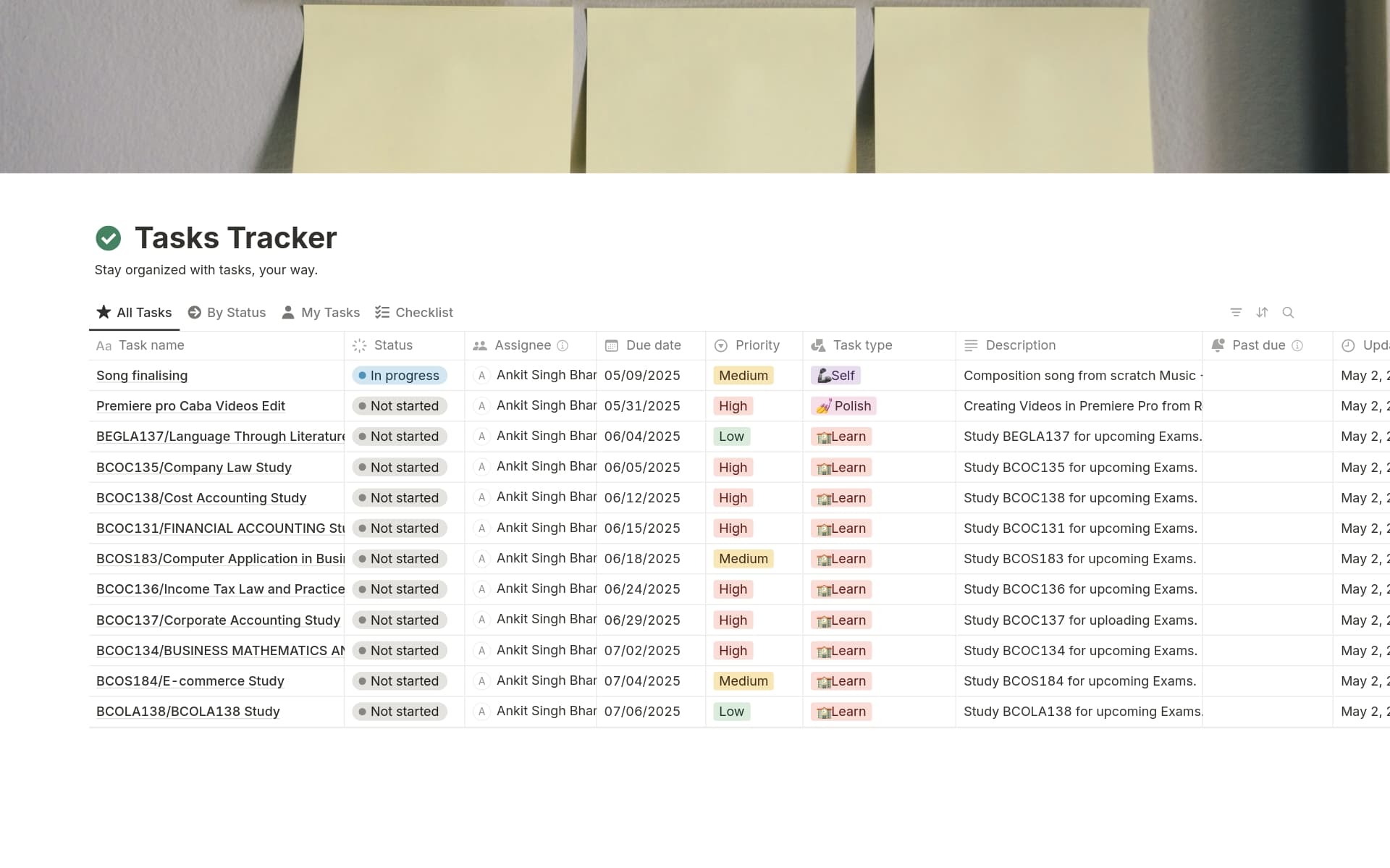Retrospectives are valuable for Electrical Engineers by offering structured reflection and learning from past project experiences, improvements, and challenges. A Retrospective template in Notion can streamline this process, enabling engineers to systematically document insights, lessons learned, and action plans for future projects. Before diving into creating your own Retrospective template, exploring the examples listed below could simplify the process, adapting proven frameworks to your specific needs.
What Should Retrospective Templates Include?
Choosing the right retrospective template can significantly enhance the efficiency and effectiveness of project reviews. Here are key components to look for in a high-quality template:
Clear Objectives: Ensure the template outlines specific goals. This helps in maintaining focus and driving productive discussions.
Actionable Items: A good template should facilitate the identification of actionable steps that can be implemented to improve future project cycles.
Participant Roles: It should clearly define the roles of each participant to streamline the process and ensure everyone's contributions are valued.
Feedback Mechanisms: Effective templates incorporate mechanisms for feedback to gauge the retrospective's success and areas for improvement.
Choosing a template with these components will help you conduct thorough and effective retrospectives, leading to continuous improvement and team alignment.
What Should Retrospective Templates Avoid?
Choosing the right retrospective template is crucial for effective team reviews and planning. However, certain elements can hinder rather than help this process. Here are three key components to steer clear of:
Overly Complex Layouts: Templates with complicated designs can confuse users, leading to less productive sessions. Simplicity aids in better understanding and participation.
Fixed, Non-Customizable Fields: Avoid templates that don't allow modifications. Teams vary in their needs and a good template should adapt to different project requirements and team dynamics.
Irrelevant Metrics: Templates focusing on metrics that don't align with team goals can divert attention from critical reflection areas. Ensure the metrics included are relevant and valuable.
Ultimately, the best retrospective templates are those that facilitate clear, focused discussions and are flexible enough to cater to the specific needs of your team.




